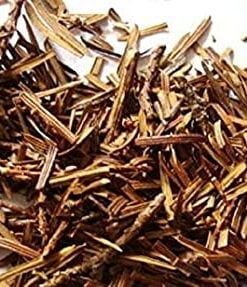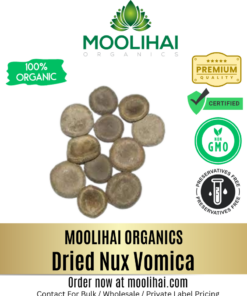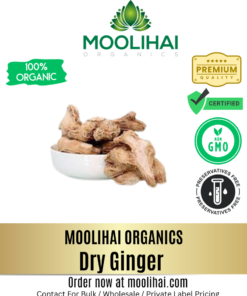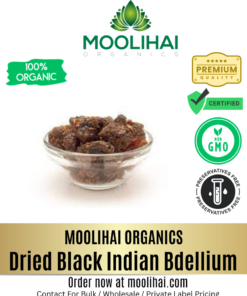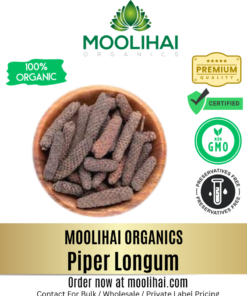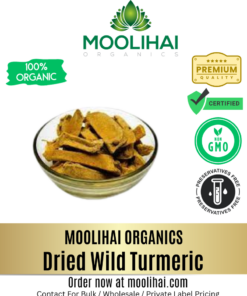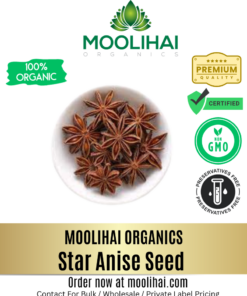White Mustard Seeds – Vellai Kadugu – Sinapis alba – Brassica alba – Split Kernels of Mustard – Sarso – Whole rai – Kalli Sarso – Sarson
Botanical Name: Sinapis Alba Origin: India White Mustard Seeds most use for clearing the voice, increasing urine flow to relieve water retention, and increasing the appetite, preventing infection, causing vomiting.
 |  |  |
|---|
Shipping All Over The World
We've upgraded our shipping! All orders now arrive within 7 days to the USA, UK, and Canada via UPS Express and DHL Express.
Quality Guarantee
Our Products are 99.9% Pure and Stocks are fresh. They pass through multiple quality checks before they are delivered to you.
Lowest Prices & Wholesale Orders
We offer the lowest prices for organic products. If you would like to buy in bulk, get in touch with us.
Secure Payments
Pay Securely using paypal, stripe and other secure payment providers.






